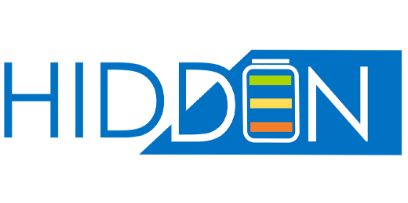- Research Project
HIDDEN Prévenir la formation de dendrites dans les batteries au lithium métal
The EU Horizon project HIDDEN is developing processes to enable the self-healing of lithium-ion batteries. This could improve their lifespan and energy density by 50% compared to conventional lithium-ion technology.
Factsheet
- Institute(s) Institute for Intelligent Industrial Systems
- Duration (planned) 01.09.2020 - 29.02.2024
- Head of project Michael Stalder
-
Project staff
Michael Stalder
Adrian Glarner -
Partner
Belenos Clean Power Holding AG
Specific Polymers
RTD Talos Limited
Berner Fachhochschule BFH
VTT - Teknologian Tutkimuskeskus VTT Oy
CNRS - Centre National de la Recherche Scientifique
CSEM - Centre Suisse d’Eleqtronique et de Microtechnique SA - Keywords Batterien, Horizon 2020, Lithium-Ionen, Battery 2030+
Background
Lithium-ion batteries have dominated the battery landscape in recent years and have paved the way for electric mobility. Electric vehicles are urgently needed to reduce global carbon emissions. In Europe, transport accounts for 27% of all carbon emissions, making it the biggest source of emissions.
However, limited energy density (and therefore range) and lifespan are holding back the rapid spread of electric cars.
Goals
The HIDDEN project seeks to develop the next generation of lithium-metal batteries. Innovative self-healing technologies are expected to deliver improved quality, reliability and lifespan. The main goals of the project are:
- To prevent dendrite formation in lithium-metal batteries through the use of three compatible self-healing mechanisms.
- To provide evidence of the extended battery lifespan thanks to the self-healing functionality which is activated on demand through the battery management system.
- To develop an industrial process for the production of cells and modules with the proposed self-healing mechanisms.
Procedure
The HIDDEN concept envisages using a combination of ionic liquid crystal electrolytes, a piezoelectric separator and other additives to achieve the self-healing functionality.
BFH is responsible for developing the process to produce the battery cells. Test batteries will be made at the Burgdorf site during the project to evaluate the self-healing mechanisms and processes. Working with the project partners, BFH will also drive forward the scalability of the production processes so that they can be used for the concept demonstrator.
The project is receiving support from the EU research programme Horizon 2020 under the Agreement ID 957202 and project name HIDDEN.



